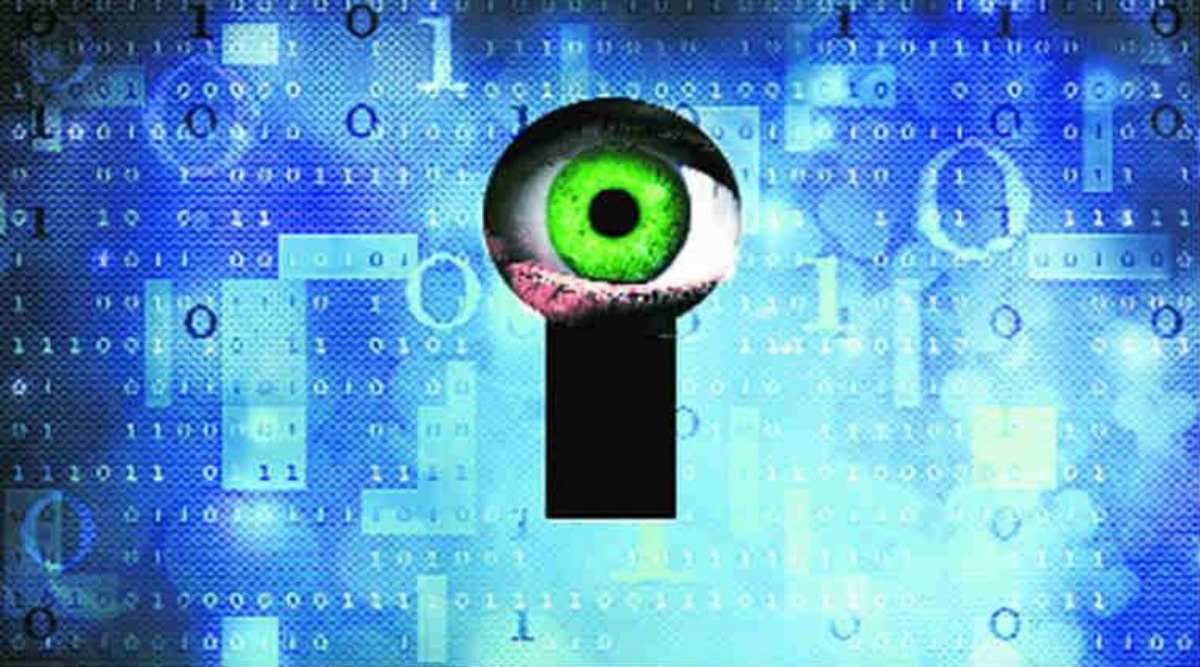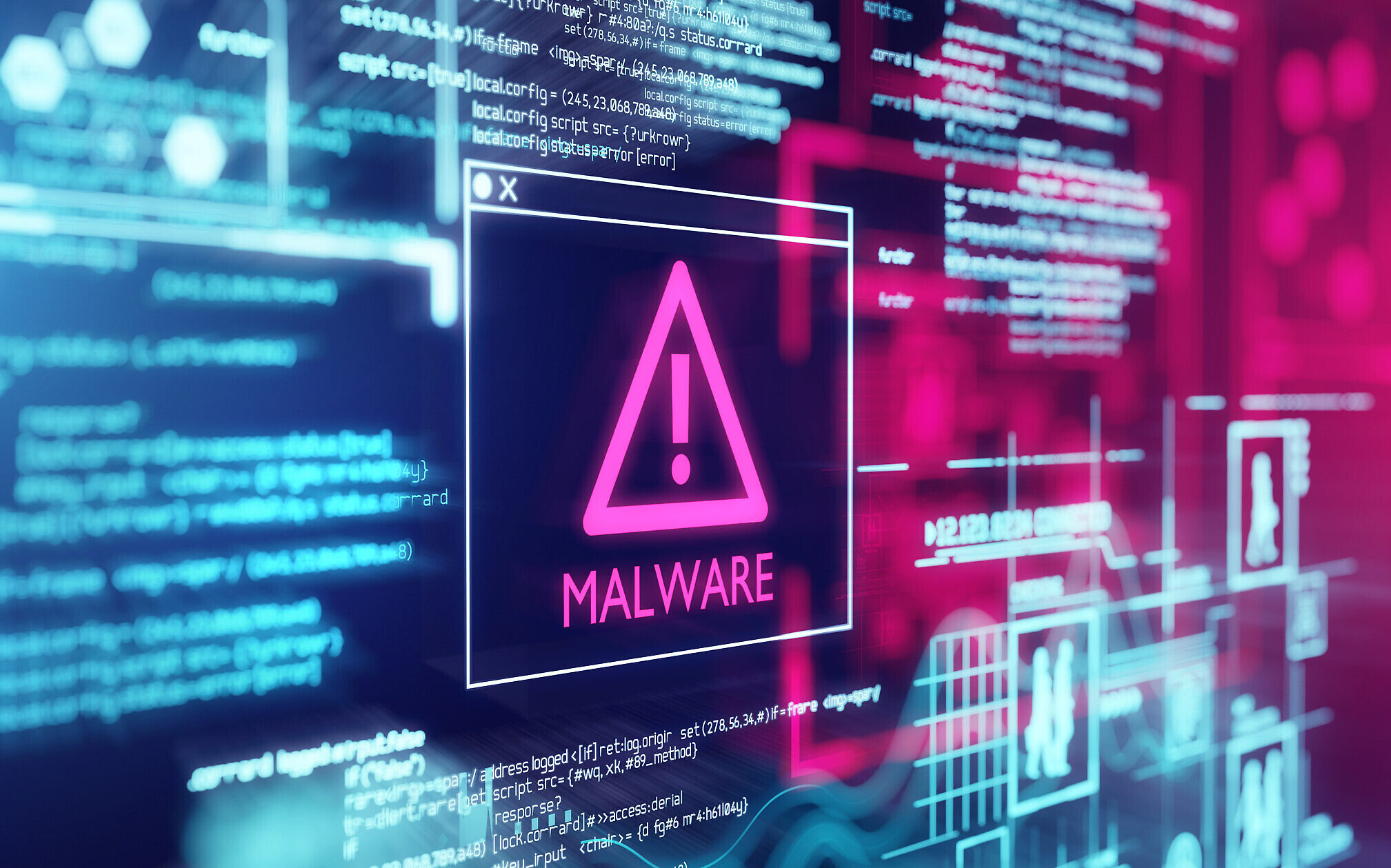- Espionage Act Definition
- Cached
- Cornell Overview Of Federal Laws Related To Disclosure Of Classified Information
In her first espionage novel, de Leon cements her reputation for social justice stories anchored with blood, vengeance, and love. When Yolanda blows the whistle on her corrupt managers, she does not expect to get blacklisted by the whole industry. In the end, she had been covering her ass when she sent those documents to the FBI. Regan Espionage A former Air Force intelligence officer steals thousands of classified documents and tries to sell them to China, Iraq, and Libya before his arrest in August 2001. Directed by Kurt Neumann. With Edmund Lowe, Madge Evans, Paul Lukas, Ketti Gallian. Rival reporters pose as honeymooners on a European train to track a munitions magnate. Espionage, according to Merriam-Webster, is “the practice of spying or using spies to obtain information about the plans and activities especially of a foreign government or a competing company.” Take this into the cyber world, and the spies are armies of nefarious hackers from around the globe who use cyber warfare for economic, political.
Industrial espionage, sometimes also known as economic espionage, is a very serious offense that can carry some very hefty fines and punishments. It is pretty common and can give a competitor a massive advantage in the kill-or-be-killed commercial market.
Here we have compiled 5 notable examples of industrial espionage in recent times and attempt to address some other common questions on the subject.
Whats is an example of espionage?
Here are some notable examples of industrial espionage over the past few decades. These are but 5 of many interesting examples throughout history.
1. Gillette was a victim of industrial espionage back in 1997
In 1997, a man from Washington, Iowa was charged with wire fraud and theft of trade secrets from Gillette. Steven L. Davis, then 47-years-old, stole information concerning a new shaving system the had been developed by the company.
He was a previous employee of Wright Industries Inc. who had been commissioned by Gillette to help design the fabricator equipment for the new shaving system.
'In February and March 1997, according to the indictment, DAVIS made disclosures of technical drawings to Gillette's competitors in the razor market, Warner-Lambert Co., Bic, and American Safety Razor Co. These disclosures were made by fax and by electronic mail. The indictment also charges DAVIS with wire fraud,' states fas.org.
Davis pleaded guilty and was charged for his part in the espionage and faced a total of 15 years in prison and hundreds of thousands of dollars in fines.
2. Kodak also fell foul of industrial espionage in the '90s

Back in the 1990s, Kodak was also the victim of industrial espionage. One former employee of the Eastman Kodak Company was charged and pled guilty to all charges.
The former employee, Harold Worden, then 56-years-old, stole Kodak property that was worth millions of dollars. He had worked for Kodak for over 30 years and did not return confidential documentation when he left the company in 1992.
He attempted to try and sell his ill-gotten gains to Kodak's competitors while trying to start his own consulting firm.
Mr. Worden was convicted in 1997 following his guilty plea and was sentenced to 15 months imprisonment and fines of over $50,000.
3. Avery Dennison won $40 million in damages from espionage in the late 1990s
Between 1989 and 1997 a Taiwanese businessman Ten Hong Lee, a.k.a. Victor Lee and his company Four Pillars defrauded and stole trade secrets from an Ohio-based company, Avery Dennison. This company was one of the nation's largest manufacturers of adhesive products for use in things like postage stamps and diaper tape.
'Since July of 1989, the defendants have obtained, among things, proprietary and confidential Avery information relating to formulations for self-adhesive products.
The indictment also alleges that on September 4, 1997, the defendants met with Victor Lee in a hotel room in Westlake, Ohio for the purpose of obtaining Avery confidential and proprietary information, documents and trade secrets in violation of the Economic Espionage Act of 1996,' notes fas.org.
The defendant(s) pled guilty and were required to compensate Avery Dennison with $40 million in damages in 1999. This was the first case tried under the newly minted 1996 Economic Espionage Act in America. This act had been passed by Congress to protect U.S. companies from thefts by foreign businesses and governments.


4. IBM won an espionage court case against Hitachi in the 1980s
Back in the 1980s, IBM won a court case against Hitachi, and two of its employees, for industrial espionage. Hitachi was charged with conspiring to steal confidential computer information from IBM and transport it to Japan.
Hitachi pleaded guilty to the charges as well as Mitsubishi Electric Corporation and 22 Japanese businessmen, many of whom were senior officials.
'The two employees who pleaded guilty were Kenji Hayashi, a senior engineer, and Isao Ohnishi, a software section manager. Mr. Hayashi was fined $10,000, and Mr. Ohnishi was fined $4,000, and both were placed on probation.'
In exchange for the guilty pleas, the U.S. Government agreed not to file any further charges against all defendants. Hitachi was also fined $10,000 for their part in the espionage.
5. Operation Night Dragon was incredibly successful
Chinese hackers managed to break into the computer systems of five multinational oil and gas companies back in 2011. They were able to make off with bidding plans and other critical proprietary information according to an article by Reuters at the time.
“That information is tremendously sensitive and would be worth a huge amount of money to competitors,” said Dmitri Alperovitch at the time. Dmitri was McAfee’s vice president for threat research.
A compiled report on the attack by McFee Inc dubbed the incident 'Operation Night Dragon.' The report did not detail which companies were effected and that another potential seven companies were also victims.
'The three largest U.S.-based oil companies, Exxon Mobil, Chevron and ConocoPhillips, all declined to comment on whether they had been targeted, citing policies not to speak about their security measures,' reported Reuters.
Is Espionage a felony?
A felony is a very serious crime under American law. They are, in fact, one of the categories of crime that are classified as being the most serious in nature.
They can be violent or nonviolent and include things like homicide, burglary, robbery, human trafficking, and many other serious crimes.
Industrial espionageis widely considered to be a serious crime. If a defendant is found guilty, they can be hit with sizeable fines and hefty sentences.
Whether or not industrial espionage constitutes a felony will depend on the circumstances of the case and provable damages by the claimant.
But, of course, to be convicted guilty, the defendant would need to be provenbeyond all reasonable doubt.
What is the punishment for espionage?
The punishment for espionage depends entirely on the circumstances behind the case. Industrial espionage, also called economic espionage, can carry some very serious punishments indeed.
According to sites like criminal-law.freeadvice.com, industrial espionage can be very costly if convicted. Penalties for such actions such as stealing trade secrets that benefit foreign countries can attract $500K fines and up to 15 years of imprisonment.
If stolen trade secrets are for personal benefit only, the convicted can be fined and/or face a ten-year prison sentence. Companies, on the other hand, that are caught engaging in economic espionage, can also be severely punished.
It's possible for them to be fined up to$10millionfor stealing trade secrets for another government. Smaller fines of up to$5 million are often charged if for the company's own benefit only.
What is the difference between treason and espionage?
While ostensibly similar, they do have some subtle yet important differences.
According to the Merriam-Webster Dictionary espionage tends is defined as: 'The practice of spying or using spies to obtain information about the plans and activities, especially of a foreign government or a competing company.'
Treason, on the other hand, is defined by the Merriam-Webster Dictionary as: 'The offense of attempting by overt acts to overthrow the government of the state to which the offender owes allegiance or to kill or personally injure the sovereign or the sovereign's family.'
While both, in some form, involve secretly acquiring information against the owner's will, the intended use of the information differs greatly.
Espionage tends to be considered an act where a person, or company, acquires information normally considered confidential or secret. Treason tends to be considered a 'serious betrayal of one’s own nation or sovereign state,' notes differencebetween.net.
So espionage can also be considered treason if it meets that definition.
Economic Espionage

America's adversaries throughout history have routinely taken their competitive efforts beyond the battlefield. They frequently avoid using standing armies, shirk traditional spy circles, and go after the heart of what drives American prosperity and fuels American might. Nazi spies during World War II tried to penetrate the secrets behind our aviation technology, just as Soviet spies in the Cold War targeted our nuclear and other military secrets.
Today, foreign intelligence services, criminals, and private sector spies are focused on American industry and the private sector. These adversaries use traditional intelligence tradecraft against vulnerable American companies, and they increasingly view the cyber environment—where nearly all important business and technology information now resides—as a fast, efficient, and safe way to penetrate the foundations of our economy. Their efforts compromise intellectual property, trade secrets, and technological developments that are critical to national security. Espionage against the private sector increases the danger to long-term U.S. prosperity.
Without corrective action that mobilizes the expertise of both the Federal Government and the private sector, the technologies cultivated by American minds and within American universities are at risk of becoming the plunder of competing nations at the expense of long-term U.S. security.

The private sector alone lacks the resources and expertise to thwart foreign efforts to steal critical American know-how. This is in large part because counterintelligence is not a typical corporate function, even for well-trained and well–staffed security professionals.
Espionage Act Definition
Counterintelligence is a challenge for corporations for two reasons. Cost is the first reason. CI measures absorb company resources that would otherwise be used for growth. The second CI challenge is tied to the nature of public corporations. American companies are driven into developing markets by shareholders, growth ambitions, and the desire to beat Wall Street's quarterly earnings expectations. The requirement to move quickly and unabashedly leaves American companies vulnerable as they flock into spy-rich developing nations. China and Russia are our most aggressive and capable adversaries using economic espionage.
China and Russia are not the only perpetrators of espionage against sensitive US economic information and technology. Some US allies abuse the access they have been granted to try to clandestinely collect critical information that they can use for their own economic or political advantage.
Cached
Reports, Briefings & Reading Material:
Cornell Overview Of Federal Laws Related To Disclosure Of Classified Information
- 2011 Report(PDF 2.7MB)
